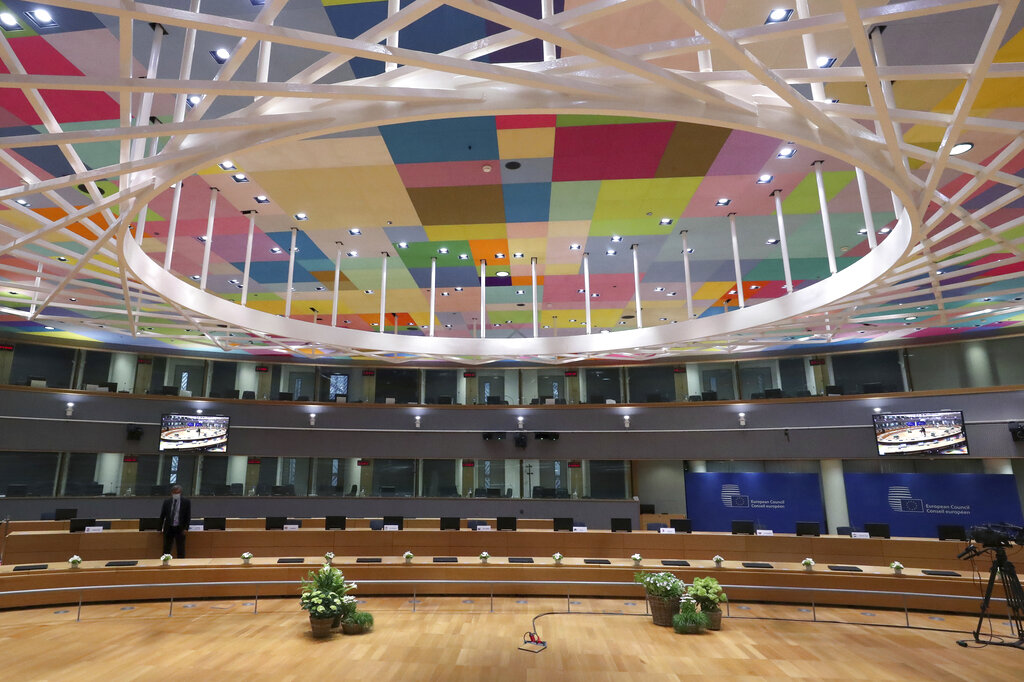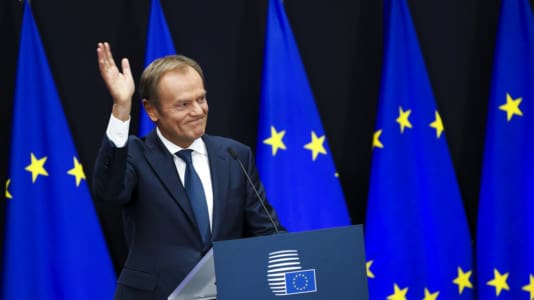Hungary is rushing to address all of the European Union’s concerns regarding Hungary’s rule of law compliance before the European Council takes a vote on the matter on Nov. 19.
At stake in the vote is approximately €7.5 billion worth of EU funds, with the left-liberal establishment in Brussels having long pursued the goal of using the EU funding purse strings to control and punish conservative governments for their opposition to migrant quotas, a federalized Europe, and their stance on LGBT issues, such as education on LGBT topics in the classroom.
As Remix News reported on Monday, Hungarian Minister for Regional Development and EU Funding Tibor Navracsics said on Sunday that Hungary will establish an integrity authority as one of the 17 most important undertakings, which controls the public procurement procedures of projects implemented with EU funds and can intervene in cases of fraud, conflicts of interest, or irregularities. Its leader will be selected through an open tender by independent experts, Navracsics said, adding that the authority can start operating in the second half of November.
[pp id=49225]
The Hungarian side also undertook to create an anti-corruption working group, which will not be part of the government but will be linked to the integrity authority. The leadership of the integrity authority will consist of an equal number of members from governmental and non-governmental spheres.
The European Council’s vote to block Hungary’s funding would require a qualified majority, which in this case, according to the EU Charter, requires the vote of at least 55 percent of member states and must also represent at least 65 percent of the European Union’s population.
With two months until the vote, Poland has already signaled it will stand by its Central European partner of Hungary. Polish Prime Minister Mateusz Morawiecki has declared that Poland will oppose any unlawful attempts by EU institutions to stop EU funding for any member state, including Hungary.
[pp id=9876]
However, the deck is very much stacked against Hungary. Other nation states, including France, Germany, Spain, Belgium, the Netherlands, and a range of others are almost certainly prepared to vote against Hungary. Even the vote of former allies such as Czechia and Slovakia remains very uncertain, as both countries have been seized by left-leaning, pro-federalist governments.
Hungarian press reports suggest that Bulgaria might also stand with Hungary in the vote. So far, there has been no official sign that Hungary would be looking for other allies to vote in their favor should the European Commission find the legal changes implemented until then unsatisfactory.






